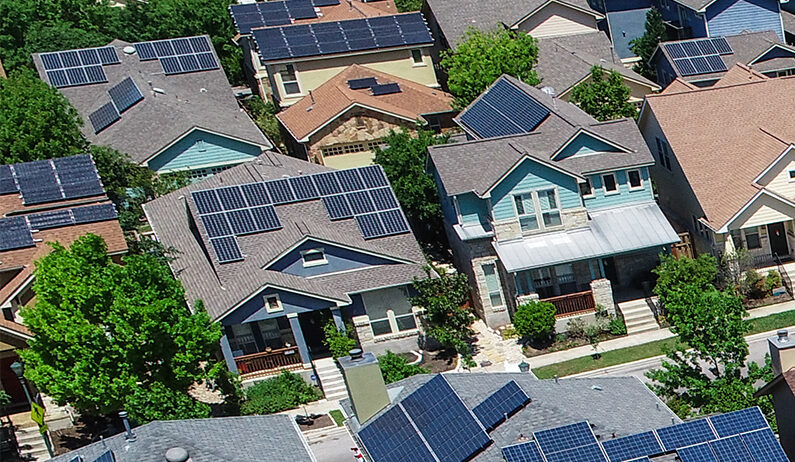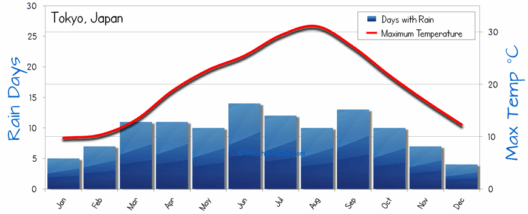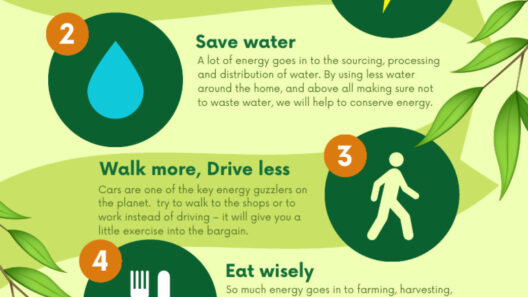Conserving energy at home is an imperative step in combating climate change and promoting sustainability. Whether you reside in Oakville or any neighborhood, implementing effective energy conservation measures can yield significant environmental and financial benefits. This guide will navigate through an array of strategies, ranging from simple behavioral modifications to advanced technological enhancements, aiming to equip households with the tools necessary for energy efficiency.
Understanding Energy Consumption
To embark on a successful energy conservation journey, it is paramount to understand where your energy is consumed. Residential energy usage primarily comprises heating and cooling, appliances, lighting, and electronics. Analyzing your energy bills and utilizing smart meters can reveal consumption patterns, identifying areas ripe for improvement.
Heating and Cooling Efficiency
Heating and cooling often account for over 50% of a home’s energy use. Hence, optimizing this sector can lead to remarkable energy savings. Begin with regular maintenance of your heating, ventilation, and air conditioning (HVAC) systems. Changing air filters monthly ensures efficiency in air circulation and reduces strain on the unit.
Additionally, consider investing in a programmable or smart thermostat. These devices allow for the automation of temperature control, adjusting settings based on your schedule, and maintaining comfort while preventing unnecessary energy expenditure. For example, setting your thermostat to a cooler temperature in winter and a warmer one in summer can considerably diminish heating and cooling demands.
Moreover, proper insulation is vital. Insulating attics, walls, and floors helps create a thermal barrier, reducing the energy required to maintain a comfortable indoor climate. Sealing gaps around windows and doors with caulking or weather stripping can further fortify your home’s efficiency.
Efficient Appliances and Electronics
Appliance efficiency can be another cornerstone in energy conservation. When purchasing new appliances, opt for Energy Star-rated models that meet stringent energy efficiency criteria. These appliances utilize significantly less energy than their conventional counterparts, furthering both environmental protection and cost savings.
Additionally, consider implementing energy-efficient practices when using appliances. For instance, running dishwashers and washing machines during off-peak hours often aligns with lower energy rates. Furthermore, utilizing cold water settings for laundry can substantially reduce energy consumption.
Unplugging electronics when not in use is another effective measure. Many devices, such as chargers and entertainment systems, consume energy even when turned off—a phenomenon known as phantom load. Employing power strips that can be easily switched off makes this task less cumbersome and more efficient.
Illumination Innovations
Lighting constitutes another significant portion of energy use in homes. Transitioning to LED bulbs represents a simple yet impactful change. LEDs consume up to 75% less energy than incandescent bulbs and have a considerably longer lifespan. By replacing all bulbs with LEDs, you can witness a noticeable reduction in energy bills while enhancing illumination quality.
Incorporating natural light into your living space can also diminish reliance on artificial lighting. Strategically positioning mirrors, removing obstructions from windows, and utilizing skylights can maximize daylight and create a more inviting atmosphere.
Employing smart lighting solutions, such as timers and dimmers, can further streamline energy conservation. Timers ensure lights are only active when necessary and dimmers adjust brightness to match the required ambiance, thus conserving energy.
Water Conservation and Energy Efficiency
Water heating is another area where energy conservation can manifest. Consider installing low-flow fixtures in showers and sinks to reduce water usage and the energy associated with heating water. Additionally, setting the water heater to 120 degrees Fahrenheit can mitigate energy usage while still providing sufficient hot water.
Regular maintenance of water heating systems, including flushing sediment buildup, ensures optimal functioning and prolonged lifespan. Furthermore, when the time comes for replacement, explore tankless water heaters that offer significant energy savings by heating water on demand, reducing energy waste.
Home Energy Audits
A comprehensive home energy audit provides insights into your home’s energy inefficiencies. Professionals can identify areas of excessive heat loss, recommend improvements, and provide guidance on energy-efficient upgrades. While some homeowners may conduct basic assessments themselves, a professional audit typically unveils hidden issues requiring attention.
Incorporating Renewable Energy
Transitioning to renewable energy sources, such as solar panels, can be a transformative move for any household. Although the initial investment may seem daunting, federal and provincial incentives often alleviate financial burdens. Solar panels reduce reliance on conventional energy sources and can significantly lower utility bills over time. Evaluating local solar programs and consulting with professionals can enhance the feasibility of integrating solar technology into your home.
Behavioral Modifications and Community Engagement
Ultimately, energy conservation is not solely about technology; it involves altering daily habits. Simple actions such as turning off lights when exiting a room, utilizing power strips, or choosing stairs over elevators can collectively yield substantial energy reductions.
Furthermore, engaging with local communities enhances the impact of individual efforts. Joining or initiating local energy conservation groups fosters awareness, education, and collective action. Sharing tips and experiences, participating in community clean-up events, and attending workshops can create a culture of sustainability that extends beyond individual households.
Conclusion
Conserving energy at home is essential to addressing climate change and fostering a sustainable future. By adopting diverse strategies—from optimizing HVAC systems and upgrading appliances to enhancing lighting and integrating renewable technologies—households can make a significant impact. Each step toward energy efficiency contributes not only to personal savings but also to a broader movement that champions environmental stewardship. Commitment to these practices can help pave the way for healthier neighborhoods and a resilient planet.








